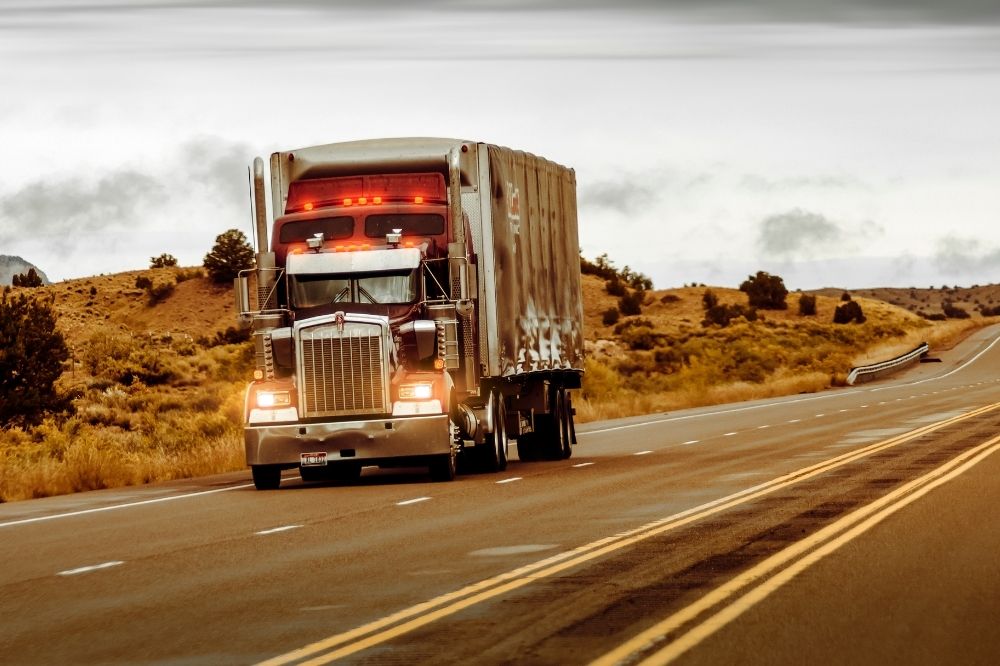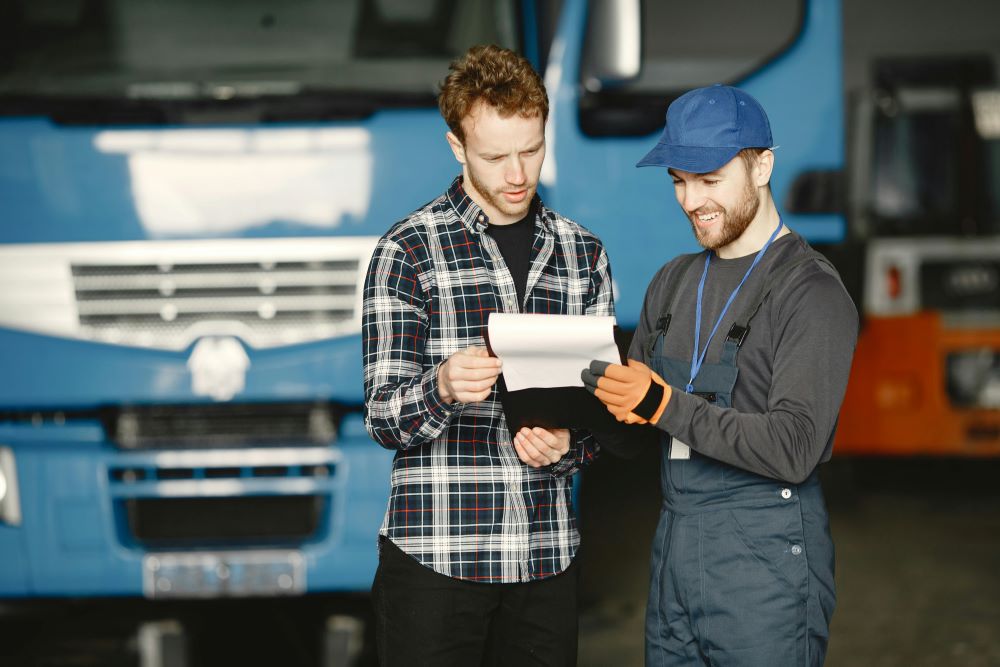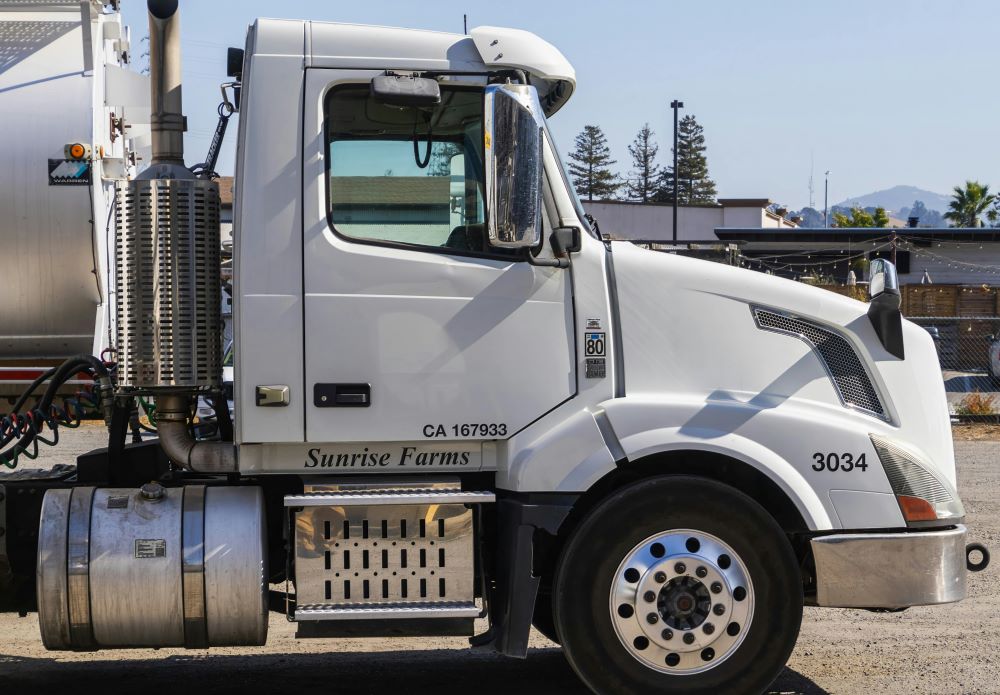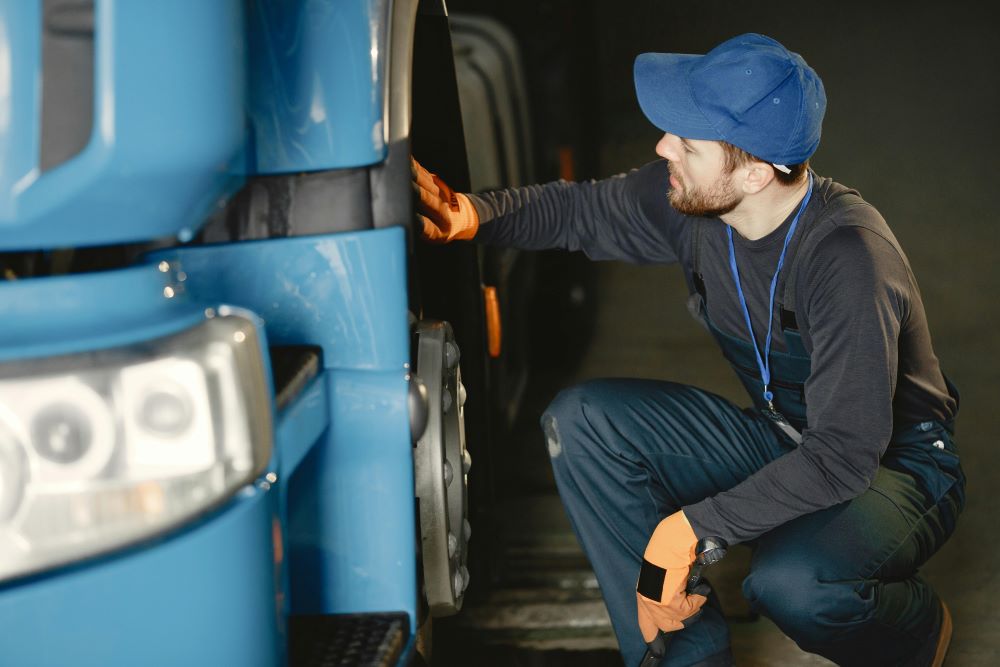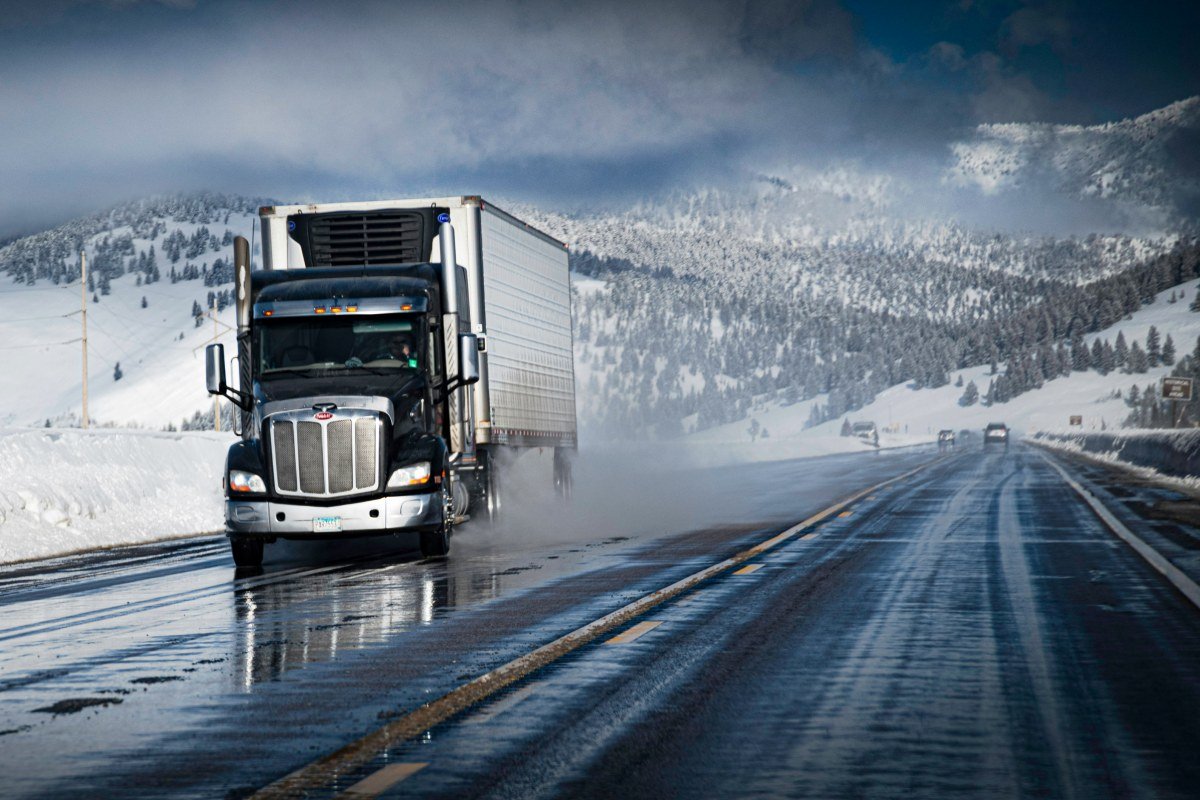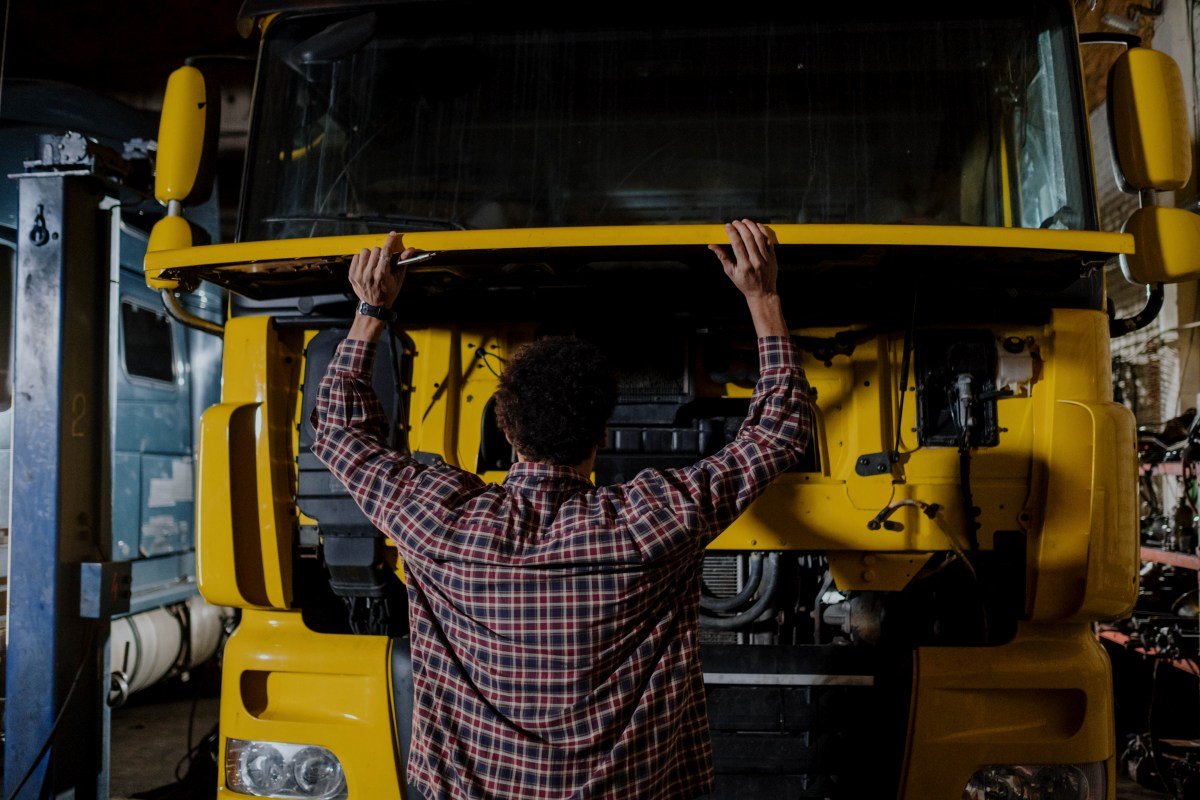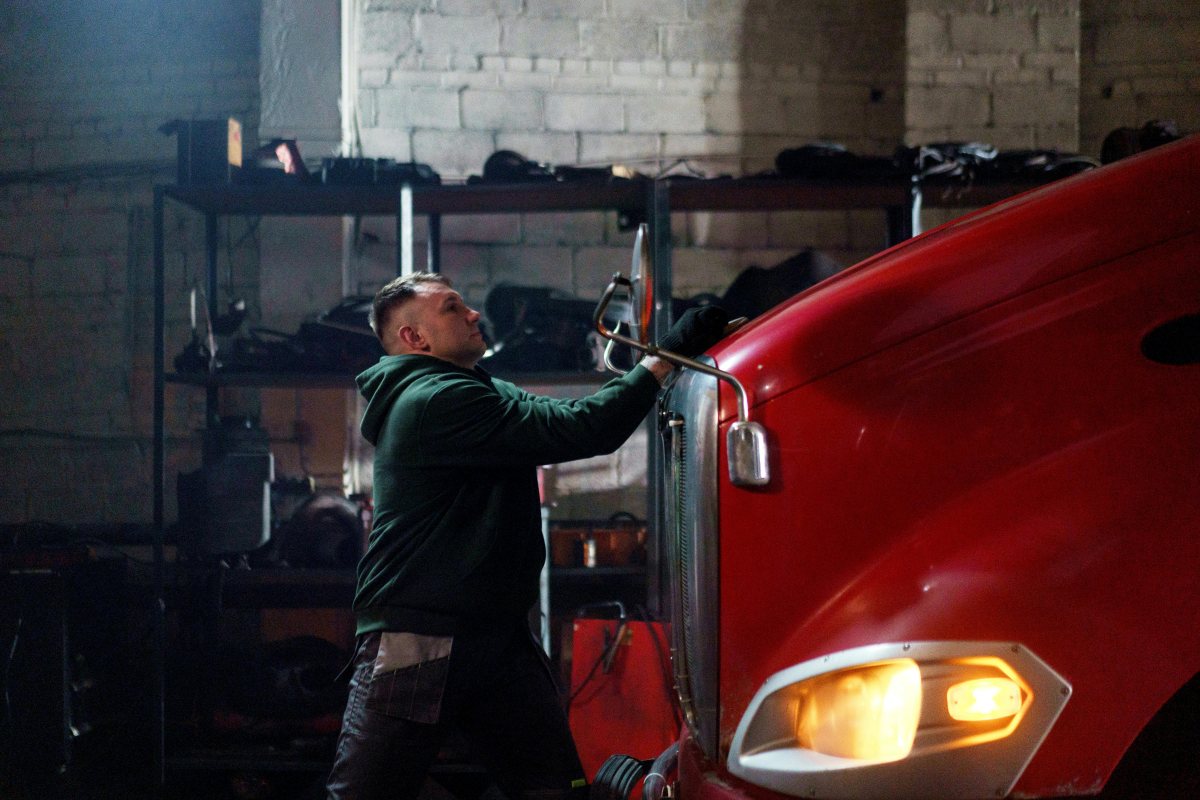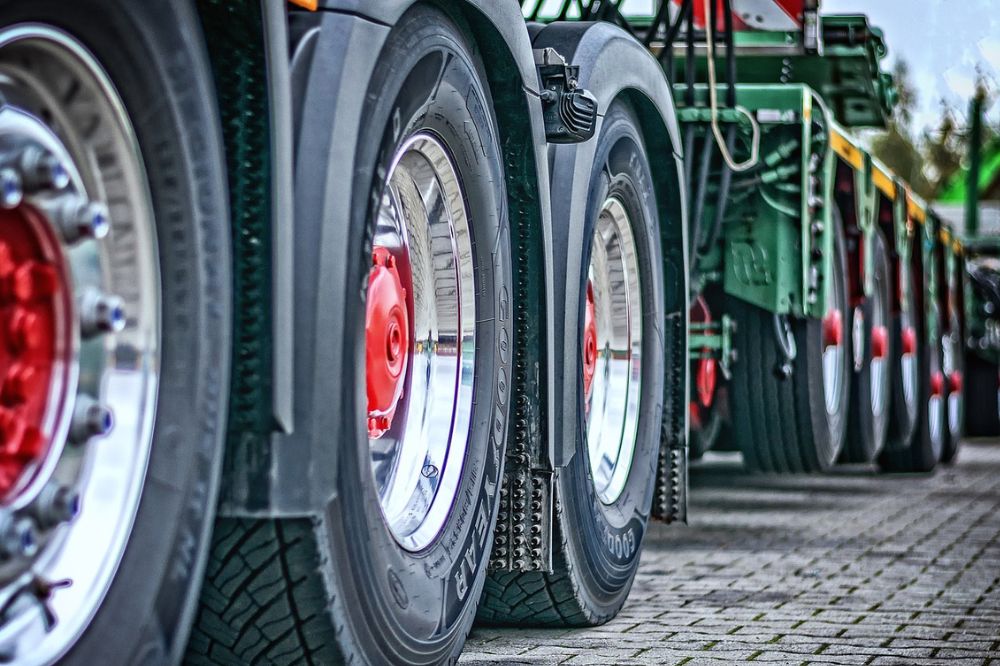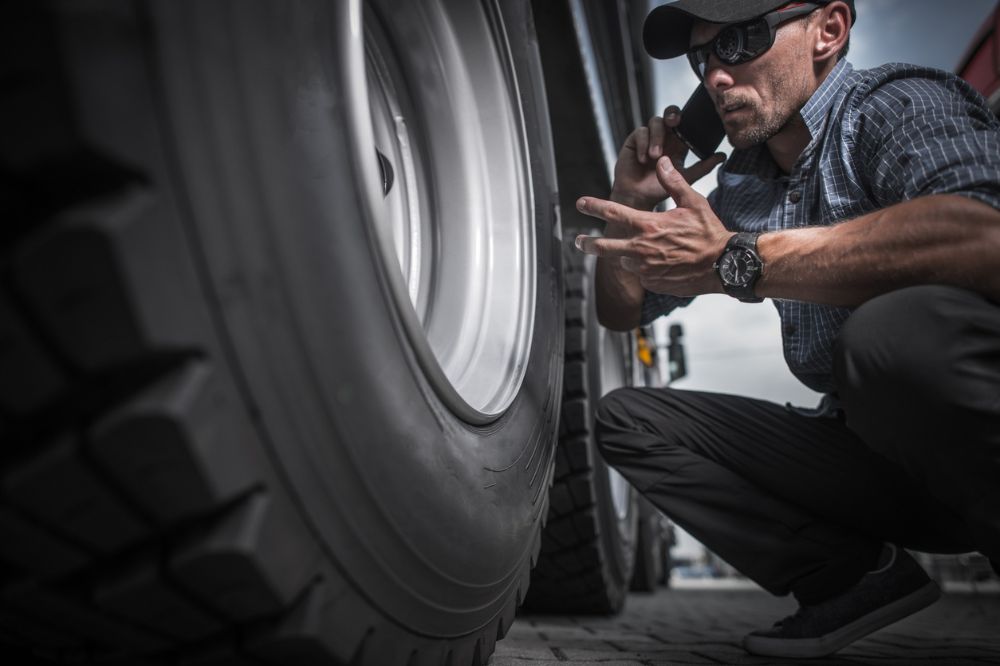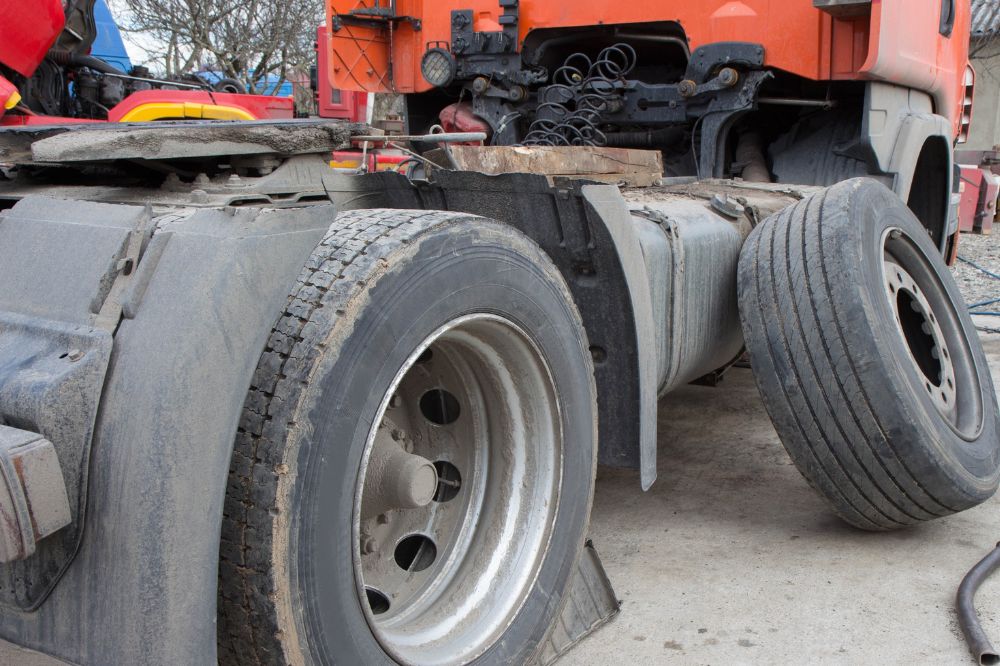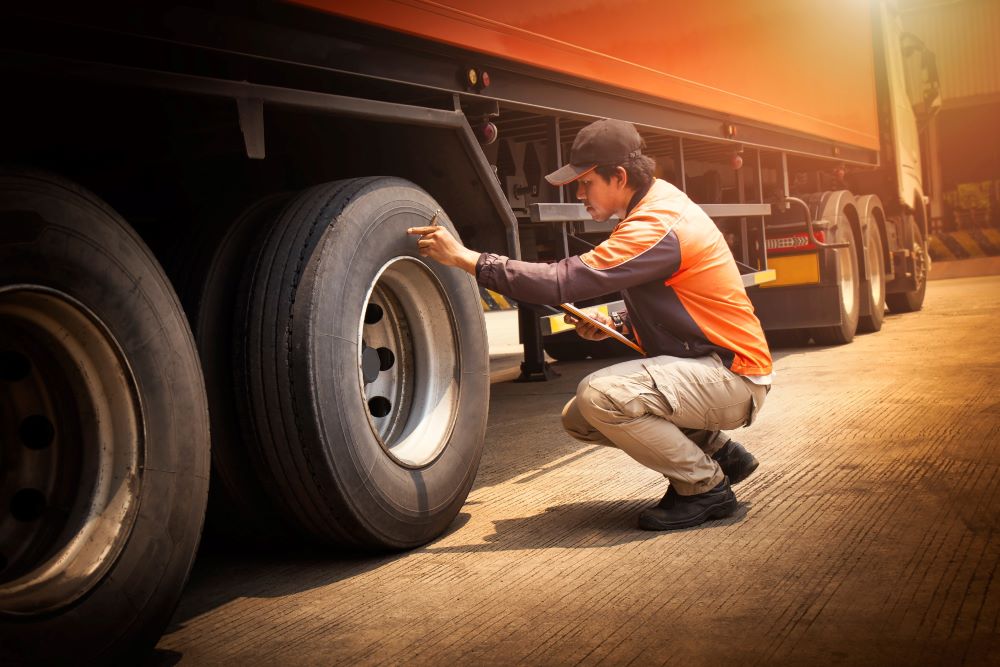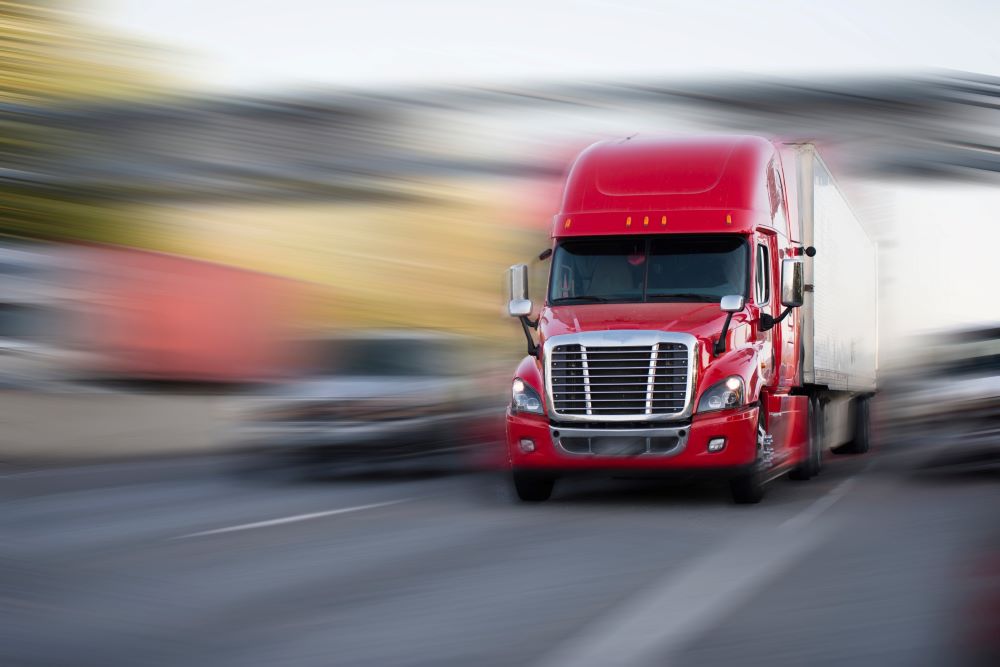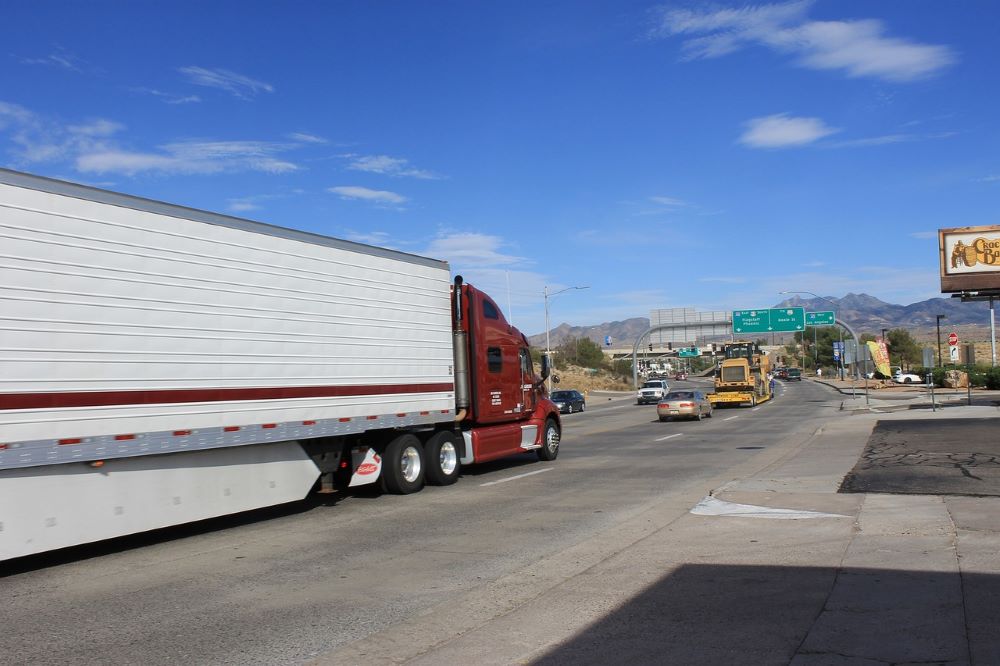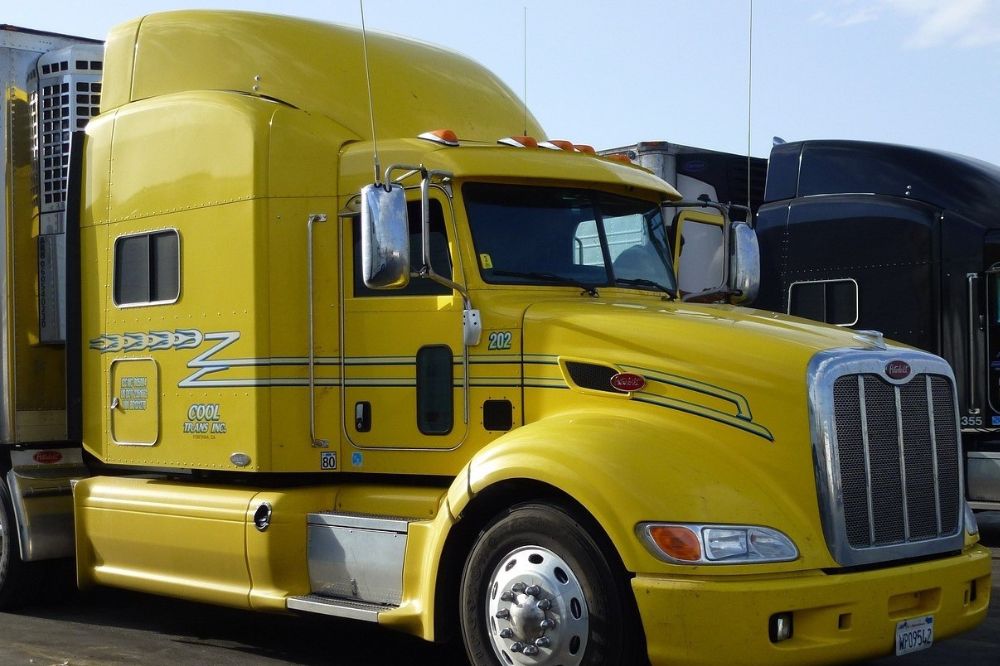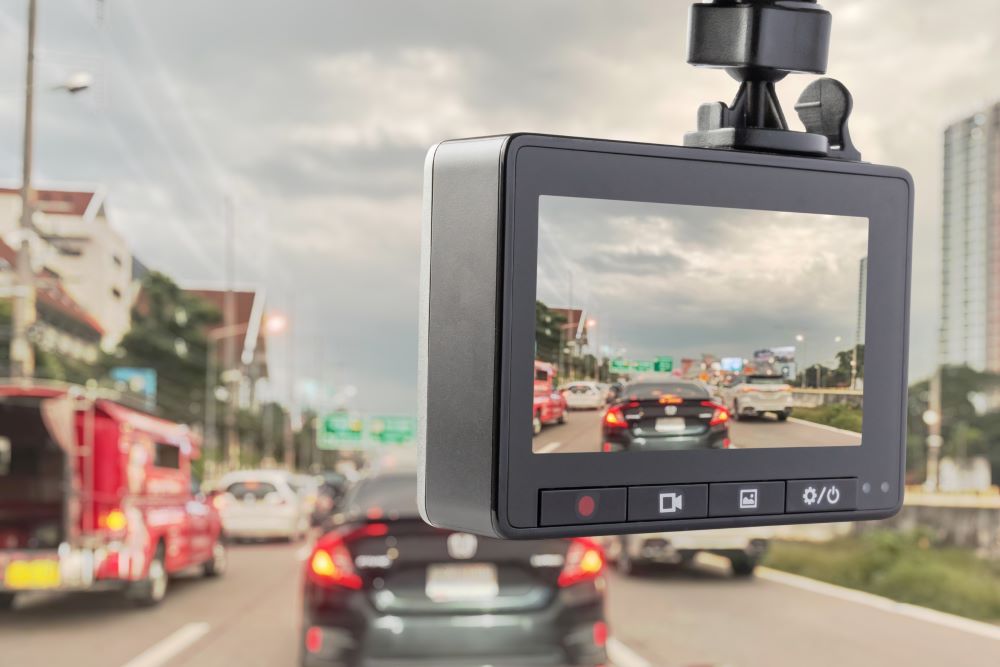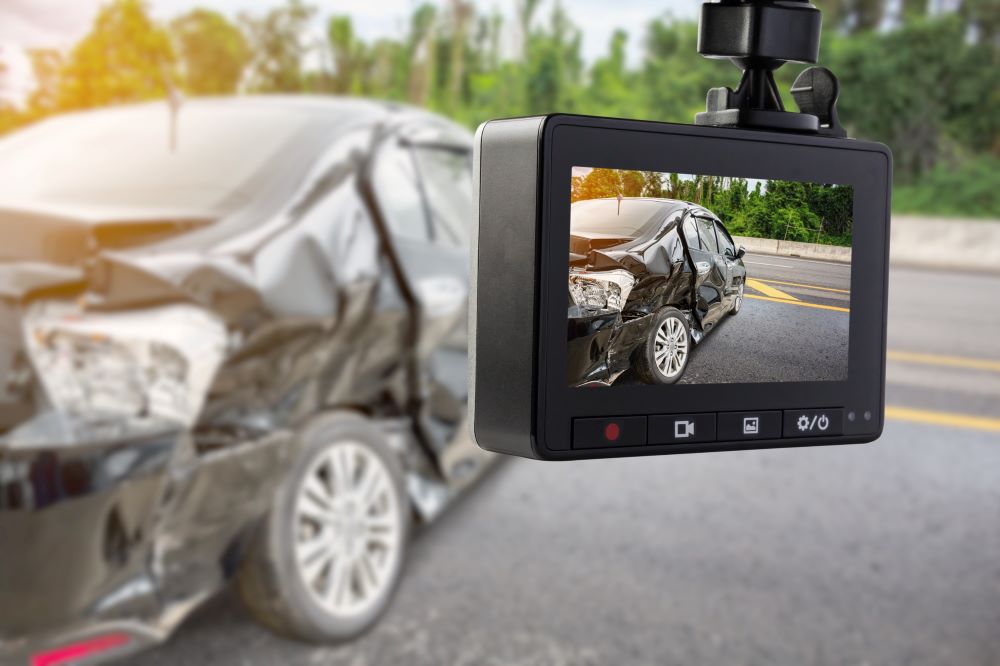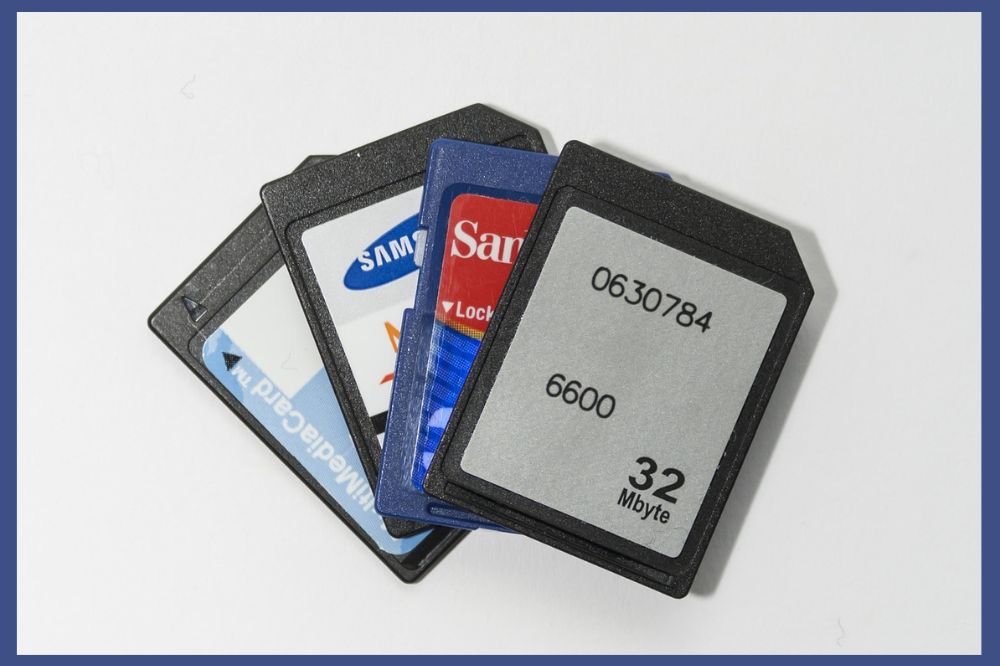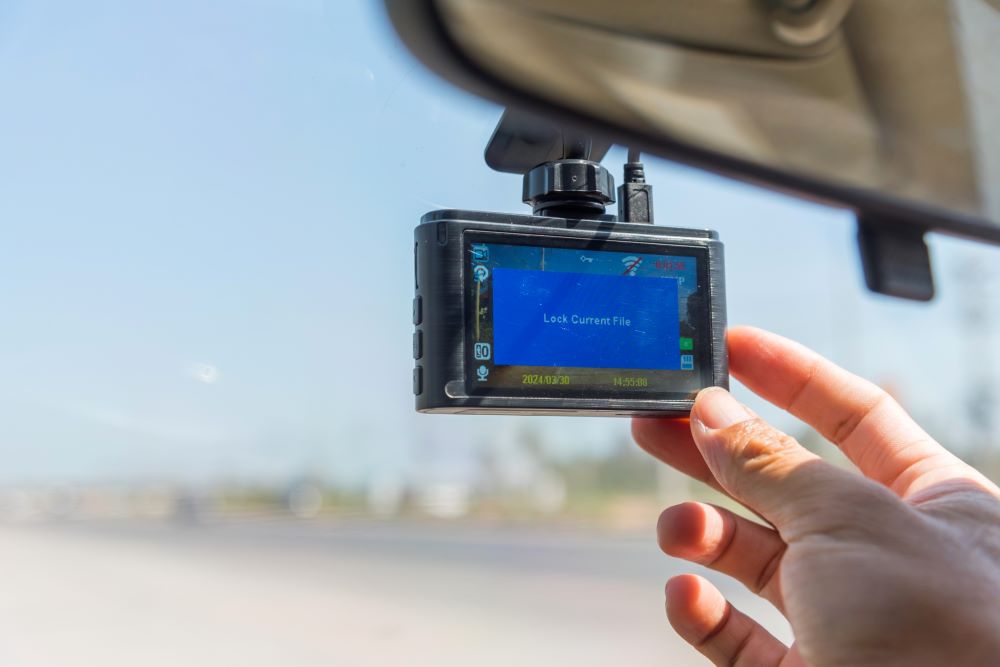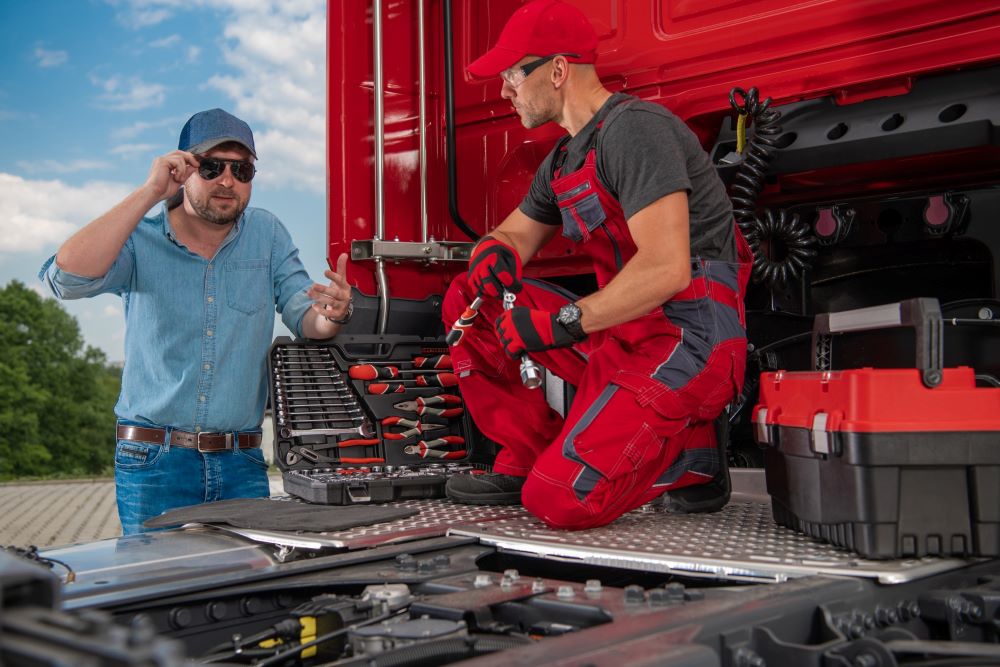In the world of commercial trucks, a wide variety of vehicles exist to perform different jobs and transport specific cargoes. Our essential guide to semi truck types will help you navigate these options.
Semi-trucks are incredibly versatile, with various tractor-trailer combinations allowing drivers to haul any type of goods over long or short distances. As a truck driver, understanding the different semi-truck options available and determining which ones best suit your needs is crucial.
What is a Semi-Truck?
A semi-truck, also known as a tractor-trailer or an 18-wheeler, is a large truck used to transport goods over long distances.
These trucks comprises a powerful truck (tractor) that pulls a long trailer where the cargo is stored. The “semi” part comes from the trailer having wheels only at the back, so it needs to be attached to the tractor to move.
Semi-trucks are essential heavy-duty trucks for moving goods across countries. They’re a common sight on highways and form the foundation of the long-distance trucking industry.
Common Types of Semi-Trucks
While the tractor-trailer concept of semi-trucks is always the same, semi-truck drivers can drive a range of different vehicles. Here are the most common types of semi-trucks that you see on the roads.
Day Cabs
Of all the different types of semi-trucks, day cabs are the most common. They’re designed specifically for short hauls and regional deliveries.
These semi-trucks don’t have a sleeping compartment, so they’re lighter and more fuel-efficient than sleeper semi-trucks. They’re also easier to maneuver, especially in urban settings with tight streets and frequent stops.
These tractor-trailers are ideal for drivers who return home at the end of their shift and don’t need any overnight accommodation. Day cabs are the usual choice for local deliveries, such as transporting goods from warehouses to stores within a city or region.
Sleeper Trucks
Sleeper semi-trucks have a built-in sleeping compartment behind the driver’s seat, where drivers can sleep during long hauls. Drivers can set this up as either a flat roof sleeper or a raised roof sleeper.
Sleeper truck compartments can vary in size and amenities, from basic bunks to more luxurious setups with beds, small refrigerators, and entertainment systems. These trucks are useful for long-distance transport, as they make it easy for drivers to comply with hours-of-service regulations that require rest periods.
Raised or flat roof sleepers reduce the need for overnight stays in motels, which can save money on long-distance trips. These types of semi-trucks are a staple of long-haul and across-state trucking.
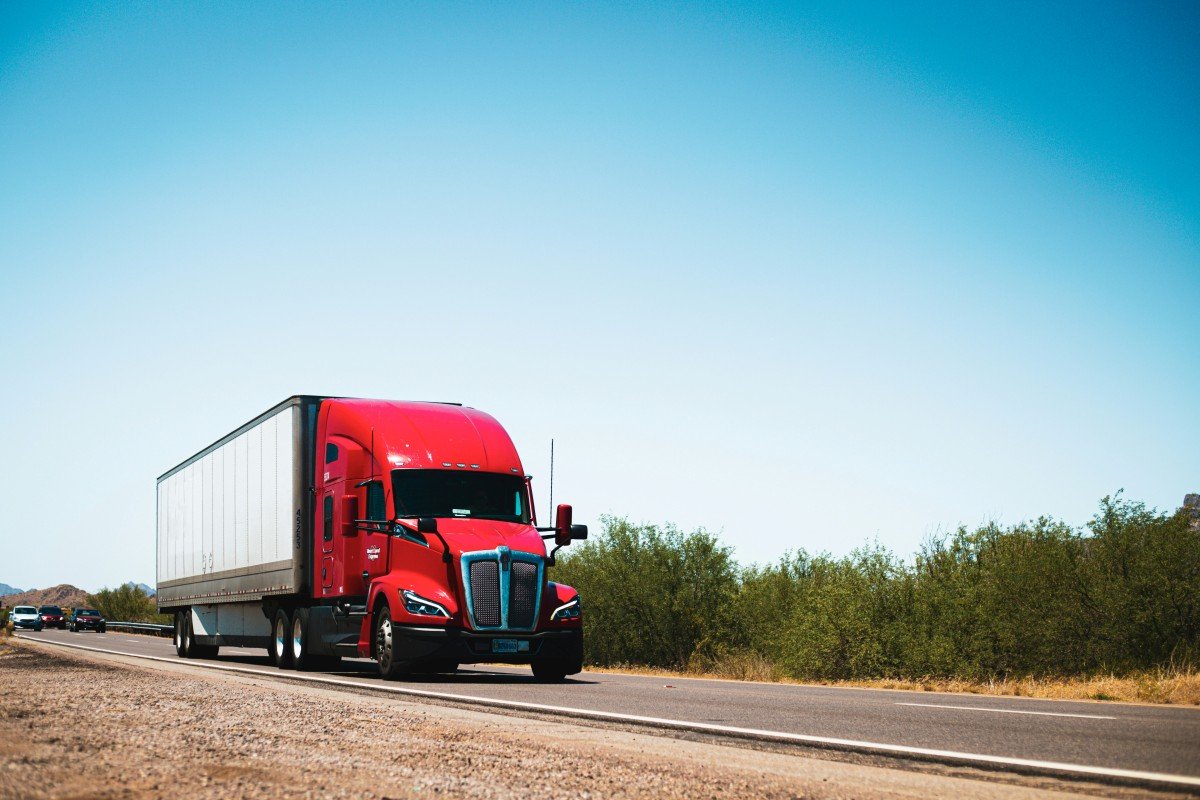
Slope-Nosed Trucks
Slope-nosed trucks, also known as cab-over or COE (Cab-Over-Engine) trucks, have a flat front where the cab sits directly above the engine.
These types of semi-trucks offer better visibility for the driver and allow for better maneuverability, especially in tight urban environments or on narrow roads. The shorter wheelbase of slope-nosed trucks makes it easier to turn and park.
While this design is less common in North America, it’s often seen in Europe and other regions with tighter space and length regulations.
Conventional Nose Trucks
A conventional nose semi-truck, also known as a long-nose truck, has a protruding engine compartment in front of the cab. When you think of a semi-truck, this is the most common and classic design.
These types of semi-trucks have better aerodynamics, which can improve fuel efficiency and reduce drag. The design also provides a smoother ride and makes it easier to access the engine during maintenance.
The longer nose of the semi-truck helps to distribute the vehicle’s weight more evenly, which can also mean better stability and handling.
These types of commercial vehicles are popular in North America, particularly for long-distance hauls. In fact, if you look at the commercial truck market share, these semi-trailer trucks hold the vast majority.
Custom Haulers
Custom haulers are designed for transporting unique or specialized cargo that doesn’t fit into standard categories. These vehicles often have specialized equipment or features to accommodate the unique needs of their cargo and trucking business.
They require specific permits and regulations due to their unique loads, making them distinct from regular haulers. As a result, custom haulers offer solutions for transporting items that standard trucks cannot handle.
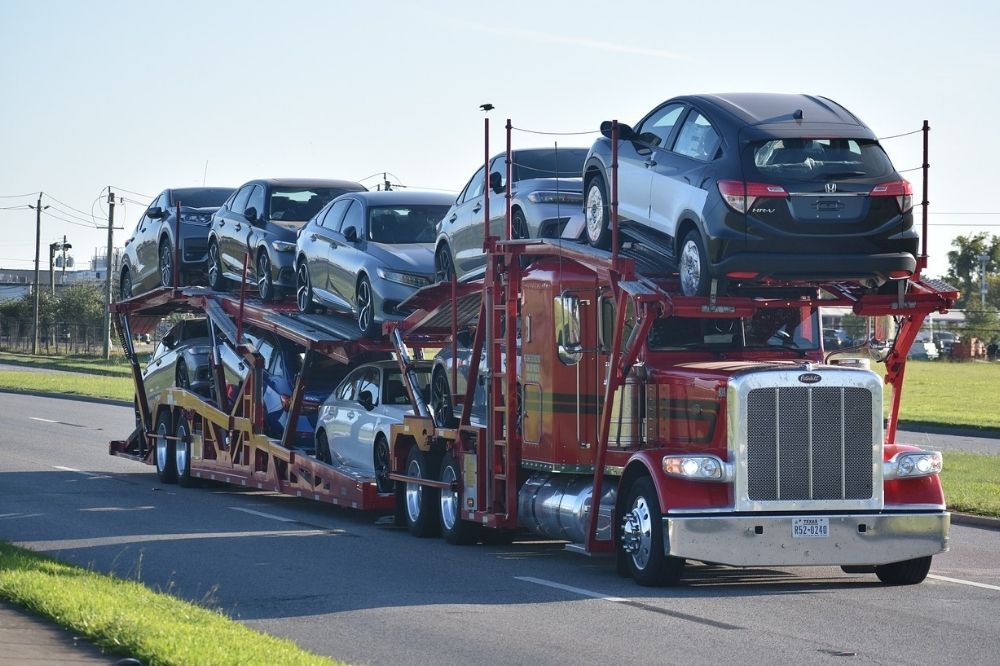
Trailers for Semi-Trucks
When looking at different semi-truck types, it’s also important to understand the various semi-trailer options.
Flatbed Trailer
Flatbed trailers are open platforms with no sides or roofs, making them extremely versatile for transporting a range of cargo options.
Flatbed semi-trailers are ideal for loads that are too big or awkwardly shaped to fit inside enclosed trailers. This typically includes construction materials, machinery, and large equipment. The open design also makes it easier to load and unload from any side, using cranes or forklifts.
However, these semi-trailers do not offer any protection from the outside elements.
Lowboy Trailers
Lowboy trailers, also known as low loaders, have a lower deck height compared to standard trailers because of their design.This allows them to carry tall and heavy loads that would exceed height restrictions on regular trailers.
They’re commonly used to transport heavy construction equipment, such as bulldozers and excavators. The low deck height provides a lower center of gravity, which improves stability and safety during transport.
A lowboy trailer comes with detachable goosenecks, which makes it easier to load and unload the cargo.
Dry Van Trailers
Dry van trailers are closed boxes on wheels. The point of these semi-trailers is to offer a protected environment for the cargo.
They’re the most common type of trailer used for shipping general freight, such as packaged goods, electronics, and clothing. The enclosed design shields the cargo from weather conditions, theft, and damage.
Dry van trucks are versatile and widely used for both short-haul and long-haul transportation.
Refrigerated Trailers
Refrigerated trailers, or reefer semi trucks, resemble dry van trailers but have cooling systems.
They’re used to transport perishable goods, such as food, pharmaceuticals, and flowers, that require temperature control. These trailers maintain a specific temperature range to ensure the cargo stays safe.
Tanker Trailers
Tanker trailers are specialized semi-trucks designed to transport liquids, gasses, or dry bulk cargo.
They’re commonly used for hauling fuel, chemicals, food-grade liquids, and other substances that need to be transported in bulk. Tanker truck manufacturers use specific materials to contain and transport their contents safely, often including insulation or compartments for different types of cargo.
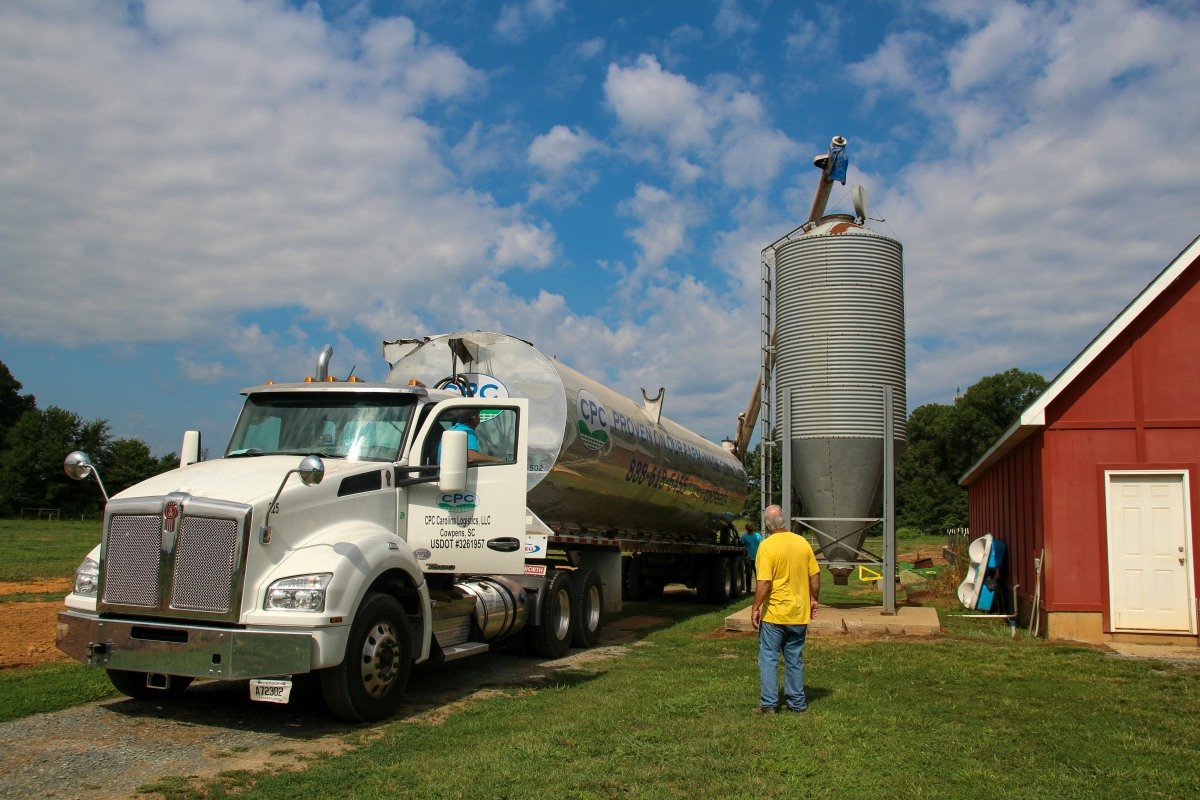
Final Thoughts
Choosing the right semi-truck should depend on the type of cargo you plan to carry and the distance you plan to travel. Each type of semi-truck comes with its pros and cons, but it’s essential that you choose a vehicle that matches your transportation needs.
If you’re looking to purchase a commercial vehicle, then you’ve got to fully understand the different semi-truck variations out there to find a vehicle that best matches your trucking requirements.
Whatever kind of semi-tractor-trailers you’re looking for, you’ll need to start by having the right financing partner on your side. Get in touch with us at Mission Financial – we make gaining semi-truck financing easy.

